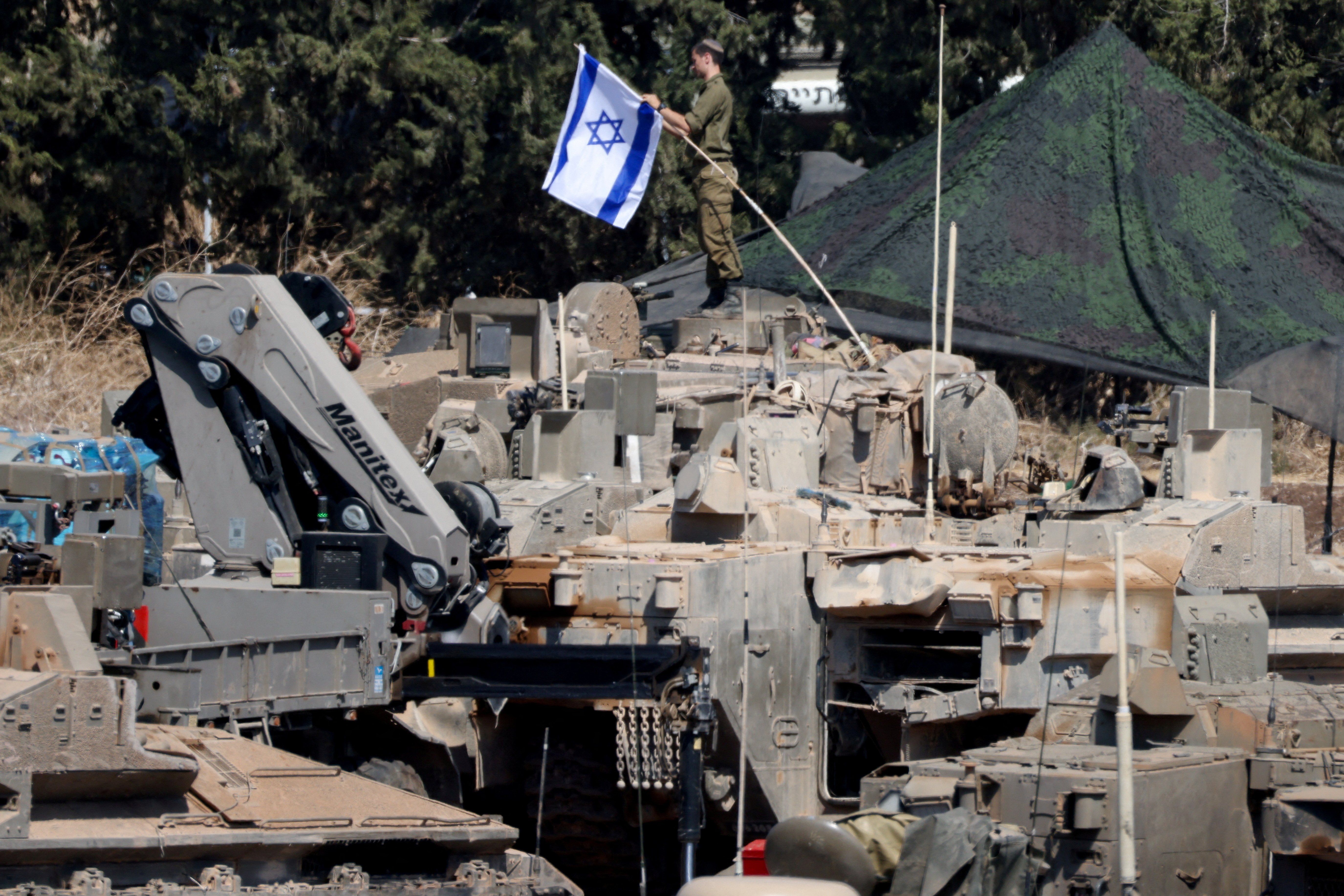Israel killed Hezbollah’s leader Hassan Nasrallah on Friday, launched airstrikes against Beirut, and early Tuesday, its troops crossed into Lebanon for the first time since 2006. The IDF has closed parts of the northern border, and the incursion is meant to target militant infrastructure near the border to eliminate the threat to Israeli border communities.
However, Hezbollah’s elite Radwan force has gone underground into tunnels 2-3 kilometers from Israel’s border, which a former senior Israeli intelligence officer says “you cannot destroy from the air,” meaning the Israeli soldiers face a brutal battle.
Meanwhile, Prime Minister Benjamin Netanyahu is issuing bold threats to Iran, even telling Iranians they will be free from their regime “a lot sooner than people think.” The messaging comes after Netanyahu said in his address to the United Nations General Assembly on Friday that “there is no place in Iran that the long arm of Israel cannot reach, and that is true of the entire Middle East.”
While these are so far only threats, they raise the question of whether Israel is planning to attack Iran, its nuclear program, or perhaps even its Supreme Leader Seyyed Ali Hosseini Khameneior other senior leaders as the situation in the Middle East continues to escalate.
“Netanyahu is on a roll. The killing of Nasrallah clearly shows that Bibi is assuming more risk than observers expected,” says Eurasia Group’s Head of Research Cliff Kupchan.
“It’s still probably true that hitting Iranian leaders, weapons, or nuclear assets is too risky. If Iran has any red lines, those actions would cross it. But this version of Bibi is a gambler. If the chance of Israel hitting Iran was close to nil last week, it’s higher this week.”
